I once found myself on a lonely road in southern Ethiopia with the famous Polish author Ryszard Kapuscinski. We were travelling through bandit country when we got a puncture. We had a rendezvous at a bush airstrip with an aircraft that had to take off before night closed in. It turned out Ryszard had no clue about changing tyres and, whereas I was quite happy to break open the beers and sleep in a ditch, he fretted about missing tea with the lady relatives of Emperor Haile Selassie back in Addis Ababa. I realised he was scared. We fixed the puncture and reached the flight in time — but later, when Kapuscinski wrote about this trip in his bestseller The Shadow of the Sun, he made it seem as though he was the only one to get scoops — and airbrushed from the story that puncture, his travelling companions and his fit about missing his tea with the Lion of Judah’s family.
My friend Ken is not as famous as Kapuscinski, but I insisted on employing him as our fixer on a difficult trip into Sudanese rebel territory. ‘Are you sure he knows what he’s doing?’ asked the TV producer travelling with me. We were headed north, into a parched African land, with few wells of brackish, foul water. There was no food, because government bombers circling the skies had driven farmers from their fields with cluster bombings. There were no roads, no shops, no petrol stations, no electricity to recharge our batteries in the war zone. ‘Yes he does,’ I said.
‘Aye,’ said Ken. ‘We’ll have to be entirely self-sufficient in supplies if we’re to survive.’ I went off to organise two pick-up vehicles with extra jerry cans, enough to journey a thousand miles through rugged mountains. Ken said he was going to shop for our most vital provisions. The producer and I imagined he would buy pasta and cans of sardines, packets of biscuits, dried dates, bandages, insect repellent and plastic bottles of mineral water. ‘Are you sure he’s got it covered?’ the producer asked as he went off to organise his camera equipment. ‘Absolutely,’ I replied.
Later, I tracked Ken down in the dusty town souk, sitting outside a chandlery, drinking sweet black tea and blowing smoke rings with contraband cigarettes. He directed me to back up the vehicles outside the shop and we began to load up. First came several crates of Tusker beer. ‘Good call,’ I said. ‘We will need to relax in the evenings.’ Next came a case of Famous Grouse whisky. ‘Aye,’ Ken said smacking his lips. A line of shop attendants brought out boxes of gin, vodka, rum, casks of cheap South African wine, tonics, more crates of beer, a couple of bottles of Amarula, more beer and another case of Famous Grouse. Over this mountain of booze he placed a thin layer of pasta, sardine cans, packets of biscuits and water.
As we journeyed north, dodging air raids and landmines, the producer became aware that we had spent almost the entire provisions budget on alcohol. For sure there was no food to buy and no bottled water, but the spaghetti and tinned fish was left uneaten. Wherever we went, we found ourselves highly popular among the guerrilla fighters as the booze flowed. They were living in candlelit caves out of the way of the bombers but as night fell Ken would crack open the booze and laughter filled the dark places as the aircraft engines throbbed overhead. Every day we were brought lavish curries on piles of steaming rice with hot peppers and sweetmeats and fresh, cool well water to drink.
After a fortnight the alcohol ran out, abruptly. Ken announced this as if we were low on oxygen. ‘Alright,’ he said, vanished and then returned hours later with a white jerry can full of a noxious fluid he called bala, or date wine. For weeks we lived on bala, which I grew to almost love, while we slept in caves and dry riverbeds.
Ken had been employed primarily to introduce us to prominent rebel leaders and find us ‘scoops’. The producer had become increasingly perturbed by the fact that he had not ‘delivered’ on this and even I began pressing him to prove he was effective in terms of giving us a story rather than just miraculously producing bala in the wilderness.
The day came for us to begin the drive back to civilisation and we joined a rebel convoy that raced down dusty tracks as we scanned the skies for bombers. Ken had run out of cigarettes and he had clearly had enough of our complaints about him not ‘delivering’. He abandoned our vehicle with the last of the bala and went to join a truckload of wild Darfuris who gave him fags and looked delighted at the sight of his plastic white container. An hour down the road, Ken stopped the convoy and announced, ‘These Darfuri lads tell me the rebels have just shot down an Iranian drone.’ We immediately diverted to the drone crash site, filmed it and retrieved its digital film records, which proved the government was targeting civilians in its bombing raids. It was a huge scoop. I’d prefer Ken to Kapuscinski, any day.
Got something to add? Join the discussion and comment below.
Get 10 issues for just $10
Subscribe to The Spectator Australia today for the next 10 magazine issues, plus full online access, for just $10.


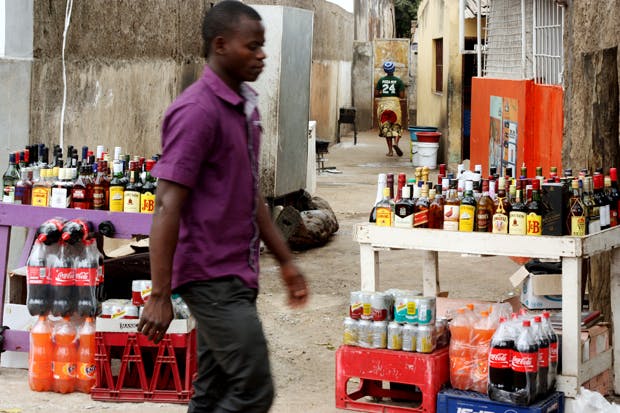

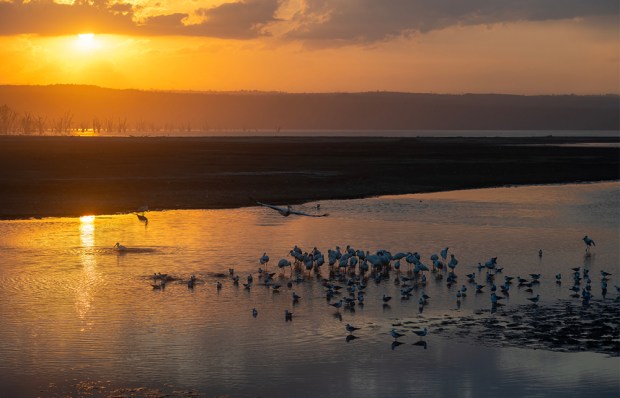
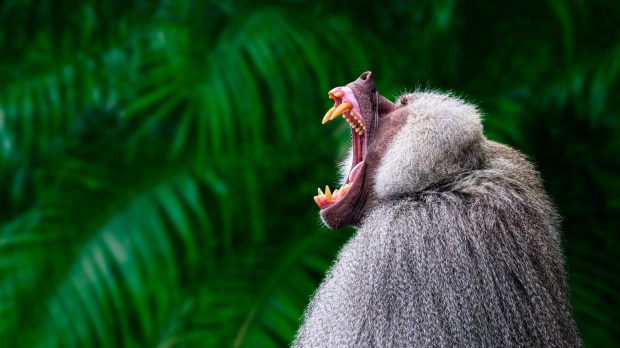
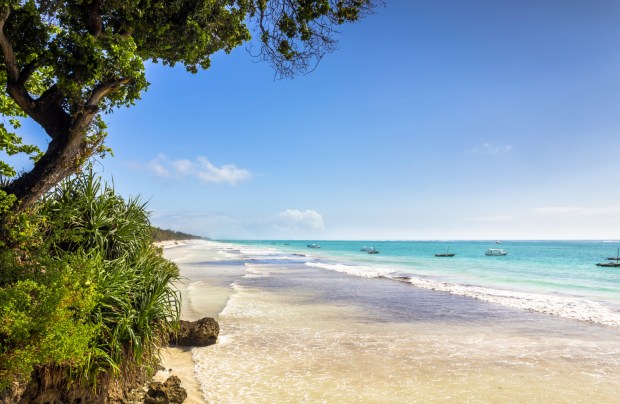
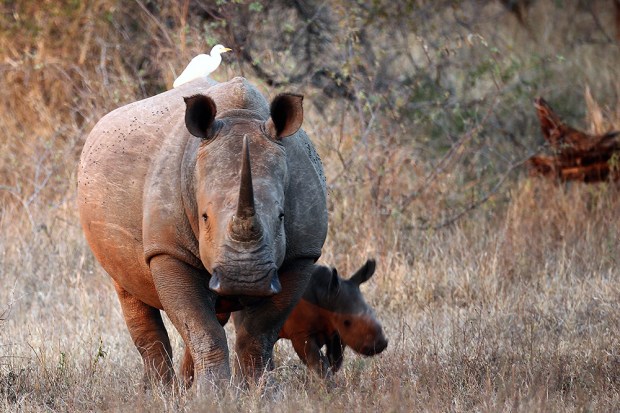







Comments
Don't miss out
Join the conversation with other Spectator Australia readers. Subscribe to leave a comment.
SUBSCRIBEAlready a subscriber? Log in